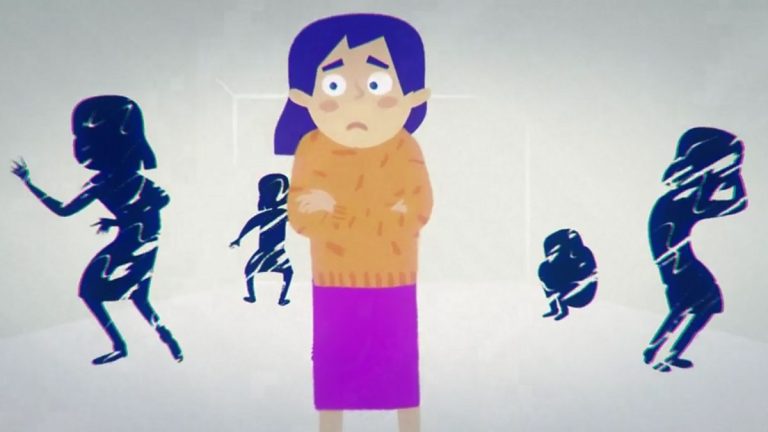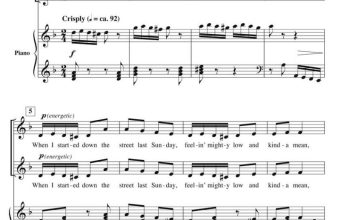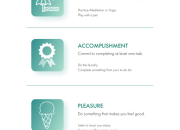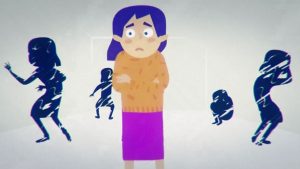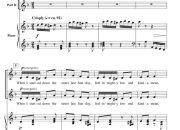
Music has been an integral part of human civilization for centuries. From tribal drumming to modern-day pop, music has transcended every culture, race, and religion. It is the truest form of expression, and the language of emotions.
The Power of Music

Music has the power to evoke memories, change moods, and provide comfort. It has been proven to reduce stress, alleviate pain, and improve mental health. The rhythm, melody, and lyrics combine to create a powerful emotional experience that connects us all.
The Science of Music
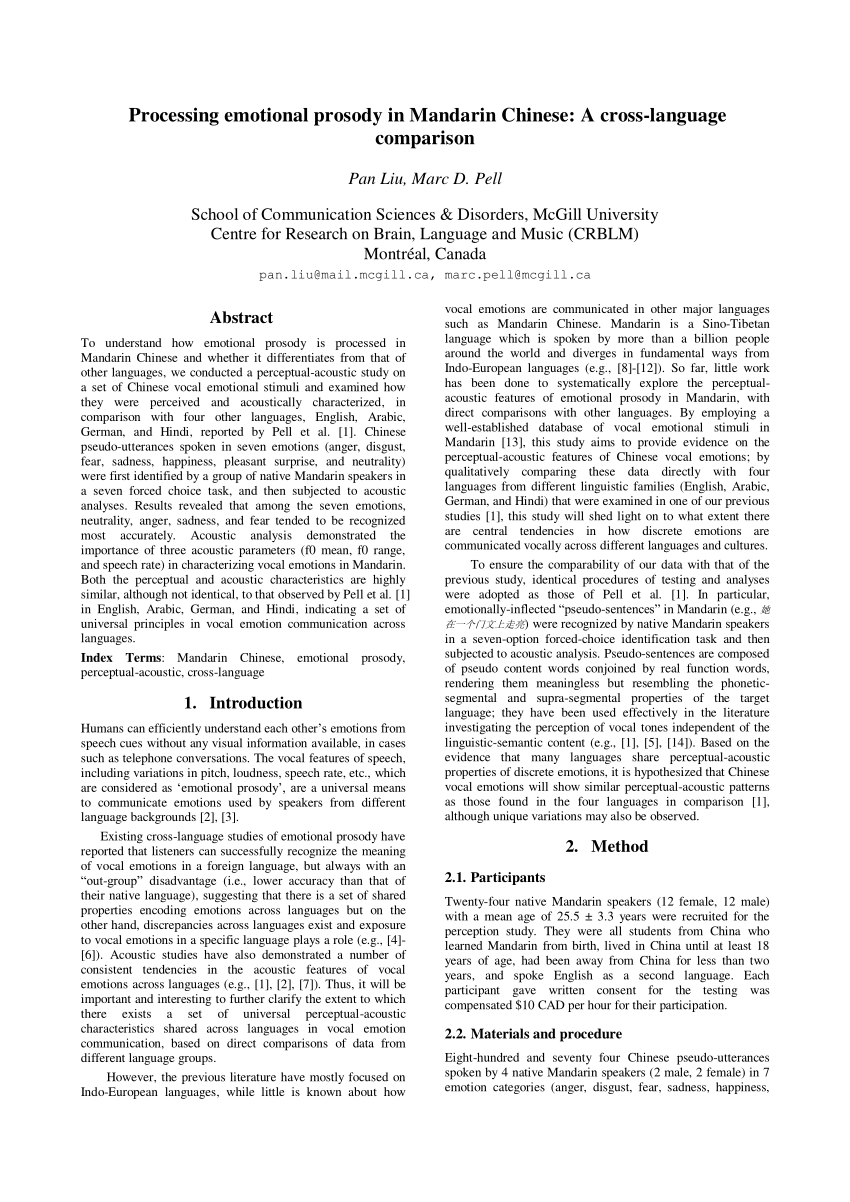
Studies have shown that listening to music activates the same areas of the brain as other pleasurable activities like eating, sex, and drugs. It also releases dopamine, the “feel-good” chemical in the brain, which is why we get a sense of pleasure and excitement when listening to music we love.
The Evolution of Music
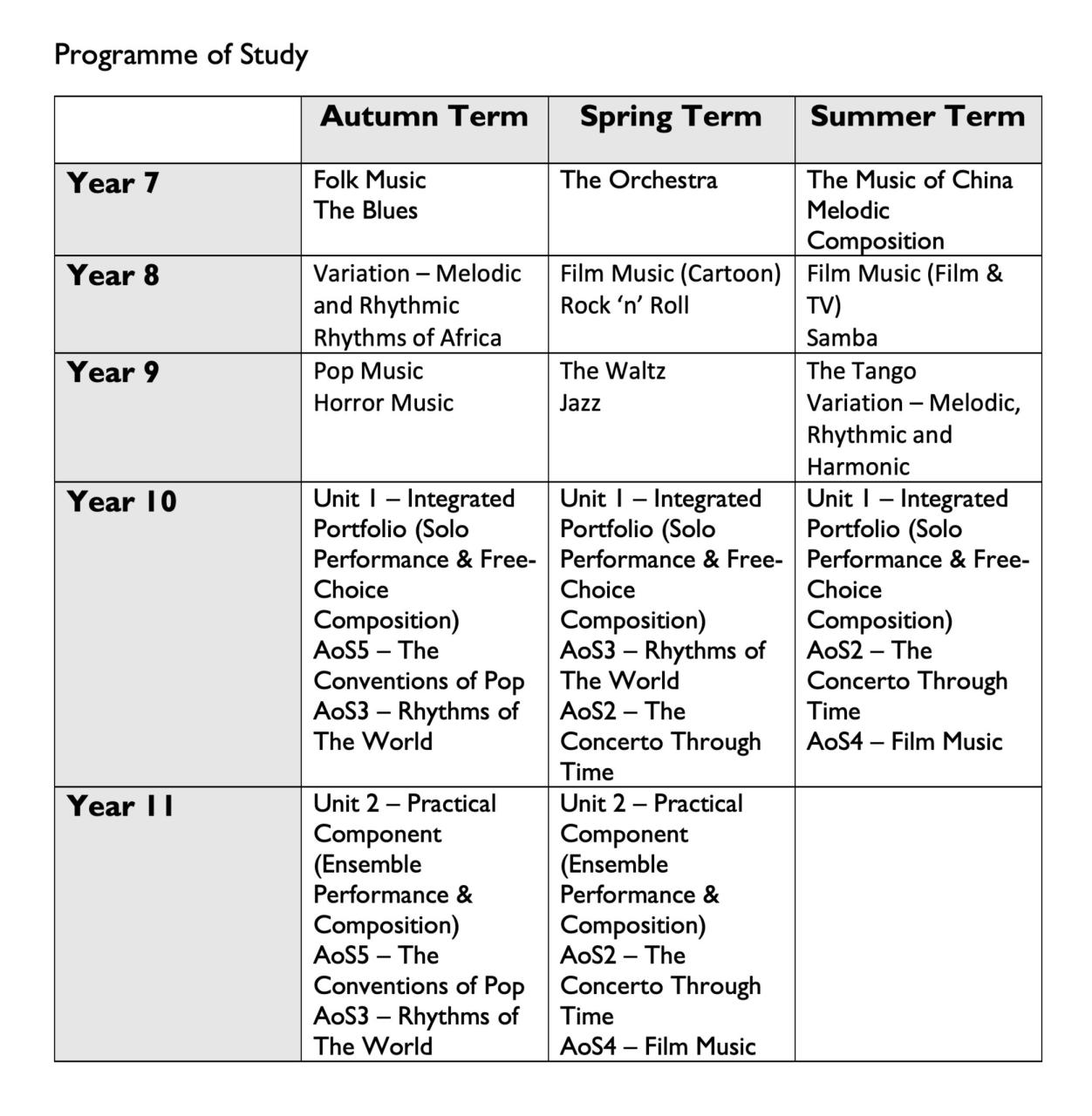
From classical music to rock and roll to hip hop, music has evolved over time, reflecting the changing times and societal values. Each era has had its defining sound and iconic artists, leaving a lasting impact on music history.
The Role of Music in Society

Music is not just a form of entertainment, but also a tool for social change. It has been used to protest war and inequality, promote love and unity, and inspire political movements. Musicians have the ability to use their platform to spread awareness and make a difference in the world.
Conclusion
Music is a universal language that speaks to our emotions and connects us all. It has the power to inspire, heal, and unite. Whether you’re a fan of classical music or heavy metal, music is an essential part of the human experience.




